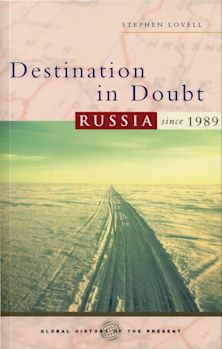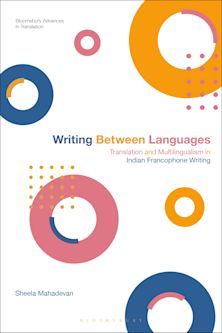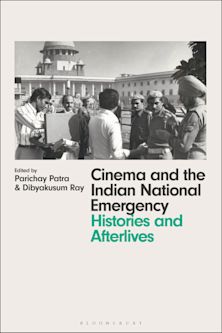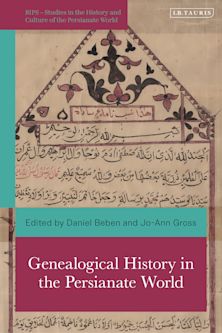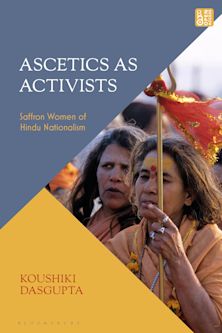- Home
- ACADEMIC
- Asia Studies
- India, Pakistan and South Asia Studies
- Power and Contestation
Power and Contestation
India since 1989
Power and Contestation
India since 1989
You must sign in to add this item to your wishlist. Please sign in or create an account
Description
1989 marks the unraveling of India's 'Nehruvian Consensus' around the idea of a modern, secular nation with a self-reliant economy.
Caste and religion have come to play major roles in national politics. Global economic integration has led to conflict between the state and dispossessed people, but processes of globalization have also enabled new spaces for political assertion, such as around sexuality. Older challenges to the idea of India continue from movements in Kashmir and the North-East, while Maoist insurgency has deepened its bases. In a world of American Empire, India as a nuclear power has abandoned non-alignment, a shift that is contested by voices within.
Power and Contestation shows that the turbulence and turmoil of this period are signs of India's continued vibrancy and democracy. The book is an ideal introduction to the complex internal histories and external power relations of a major global player for the new century.
Table of Contents
2. Revolt of the Lower Castes
3. Hindutva: Politics of the Hindu Right
4. Nation Under Siege
5. Globalization I: Accelerated Development
6. Globalization II: The New Economy of Desire
7. Left and the Social Movements: Looking Towards the Future
8. India in the World
Product details
| Published | Feb 29 2008 |
|---|---|
| Format | Ebook (PDF) |
| Edition | 1st |
| Extent | 235 |
| ISBN | 9781848131644 |
| Imprint | Zed Books |
| Series | Global History of the Present |
| Publisher | Bloomsbury Publishing |
About the contributors
Reviews
-
This book, written by two academics who are also campaigners, offers the best survey of recent Indian history that I have seen.
Barry Pavier, International Socialism
-
Menon and Nigam provide us a much-needed, readily accessible, deeply informed, and critically sophisticated insiders' analysis of political reality in India during its rapid rise to global stardom as a neo-liberal icon of economic success.
David Ludden, New York University
-
This is a sophisticated yet accessible survey of contemporary Indian politics and society. It will be an excellent textbook and a handy reference work to a complex field of study
Faisal Devji, New School University
-
This book approaches the daunting task of analyzing the contradictory, diverse, and divergent history of India since 1989 with uncommon intelligence. To its great merit, Power and Contestation addresses the multiple trends in Indian politics while also offering a coherent and sustained argument about the principal driving forces. To manage to accomplish all this while maintaining a perspective at once local and global is no mean feat.
Gyan Prakash, Princeton University
-
A great introduction to the complex contradictions that make up contemporary India .. A critical, insightful, and yet accessible description of India's present history ... Brilliant analysis ... A forceful book.
Labour/Le Travail

ONLINE RESOURCES
Bloomsbury Collections
This book is available on Bloomsbury Collections where your library has access.















